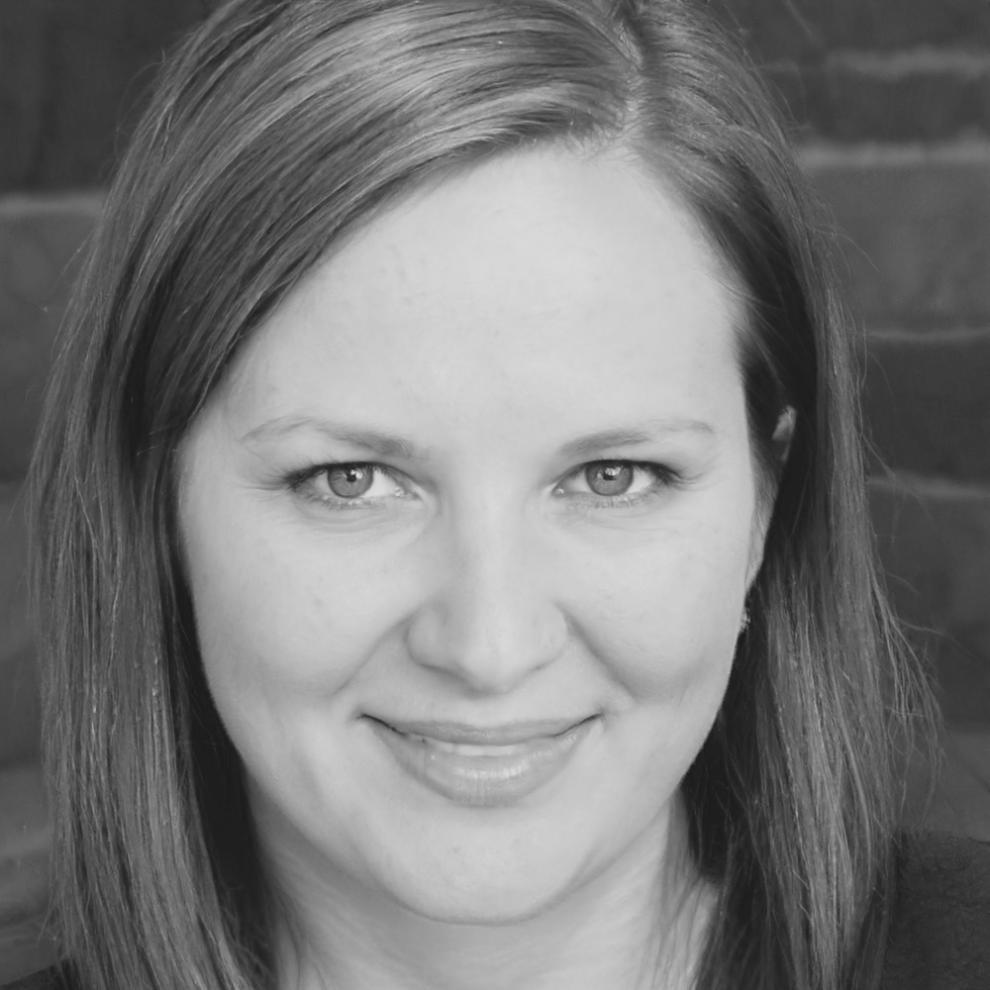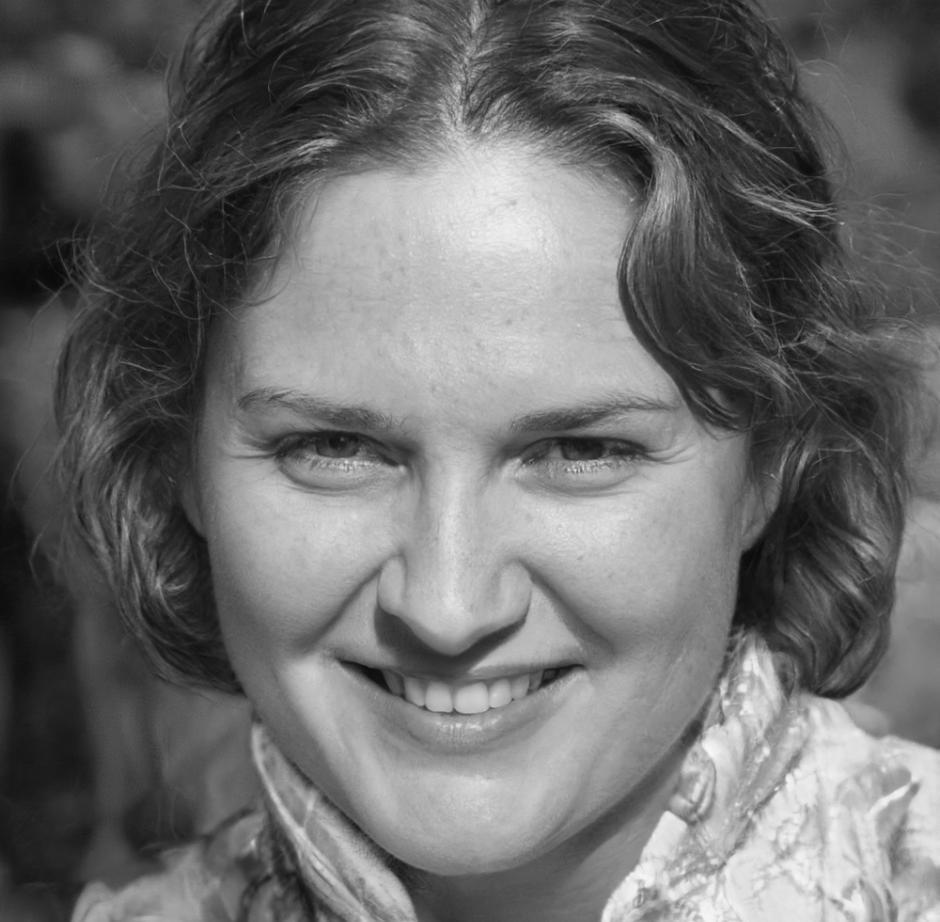Programa de Maestría en Estrategias de Presupuesto
Aprende a construir sistemas financieros que realmente funcionen para tu vida. Nos enfocamos en hábitos sostenibles, no en soluciones rápidas o milagrosas.

Nuestro Enfoque de Enseñanza
Nos saltamos las conferencias teóricas que aburren a la gente. En cambio, trabajas con tus propias situaciones financieras desde el primer día. Trae tus gastos reales, tus ingresos reales, tu panorama financiero honesto.
La mayoría de los programas enseñan el presupuesto como si fuera un problema matemático. Pero la gestión del dinero tiene más que ver con patrones de comportamiento y la toma de decisiones bajo presión. Por eso practicamos esas habilidades directamente.
- Trabaja en tus escenarios financieros personales con guías experimentados
- Construye sistemas de seguimiento personalizados que se adapten a tu forma de vivir
- Practica conversaciones difíciles sobre dinero en entornos grupales seguros
- Desarrolla planes de respuesta ante emergencias para gastos inesperados
- Crea hábitos sostenibles a través de revisiones y ajustes semanales
Aprender Juntos Funciona Mejor
Formarás parte de un grupo pequeño—alrededor de doce personas—que se reúnen regularmente durante el programa. No se trata de networking forzado. Se trata de tener personas que entiendan lo que estás enfrentando.
Sesiones de Grupo Pequeño
Reúnete semanalmente con las mismas personas. Conocerás las situaciones y desafíos financieros de los demás, lo que hace que los consejos sean mucho más relevantes que las recomendaciones genéricas.
Sistema de Revisión entre Pares
Comparte tus planes de presupuesto con los miembros del grupo antes de finalizarlos. Una mirada fresca detecta cosas que tú podrías pasar por alto, y explicar tus decisiones ayuda a aclarar tu pensamiento.
Compañeros de Responsabilidad
Emparejate con alguien de tu grupo para revisiones entre sesiones. Envía un mensaje cuando estés tentado de romper el presupuesto. Celebra pequeñas victorias juntos.
Recursos Compartidos
Los grupos construyen su propia biblioteca de herramientas y plantillas. Cuando alguien encuentra un buen rastreador de gastos o negocia una mejor tarifa, todos se benefician de ese conocimiento.
Práctica de Escenarios Reales
Simula conversaciones difíciles: pedir un aumento, dividir costos con socios, decir no a planes costosos. Los miembros del grupo adoptan diferentes perspectivas para ayudarte a prepararte.
Comunidad Continua
Después de que termine el programa, tu grupo permanece conectado a través de un canal privado. Sigue compartiendo estrategias y apoyando el progreso financiero de los demás.
Lo que Experimentaron los Participantes Anteriores
Estos números provienen de las encuestas de nuestra cohorte de 2024. Los resultados varían ampliamente según las situaciones iniciales y el esfuerzo individual—tu experiencia será diferente.
La mayoría de los participantes construyeron su red de seguridad inicial de 0-1000 dentro de los primeros dos meses. Algunos tomaron más tiempo, otros avanzaron más rápido—depende en gran medida de los ingresos y la deuda existente.
Tres cuartas partes de las personas aún usaban activamente su seguimiento de presupuesto seis meses después del programa. Eso es, honestamente, mejor de lo que esperábamos para un cambio de comportamiento tan significativo.
Después del período de aprendizaje, los participantes promediaron aproximadamente una hora por semana en tareas financieras. Algunos automatizan más y pasan menos tiempo, otros prefieren un seguimiento detallado.


Branwen Koss
Facilitador Principal
Branwen pasó doce años ayudando a personas a recuperarse de crisis financieras antes de crear este programa. Es directa sobre lo que funciona y lo que no.

Eirlys Verne
Especialista en Sistemas
Eirlys diseña los sistemas y plantillas de seguimiento. Es muy buena haciendo manejables situaciones financieras complicadas a través de una organización inteligente.
De Quién Aprenderás
Ambos facilitadores provienen de entornos de asesoramiento financiero, no de ventas. Han trabajado con cientos de personas a través de deudas, pérdidas de ingresos y transiciones importantes en la vida.
El estilo de enseñanza es directo y práctico. Te dirán cuando tu plan tiene fallos, y también celebrarán cuando hagas progresos. Sin juicios sobre errores pasados—solo enfoque en construir mejores sistemas de ahora en adelante.
Pregunta sobre la Inscripción de Septiembre